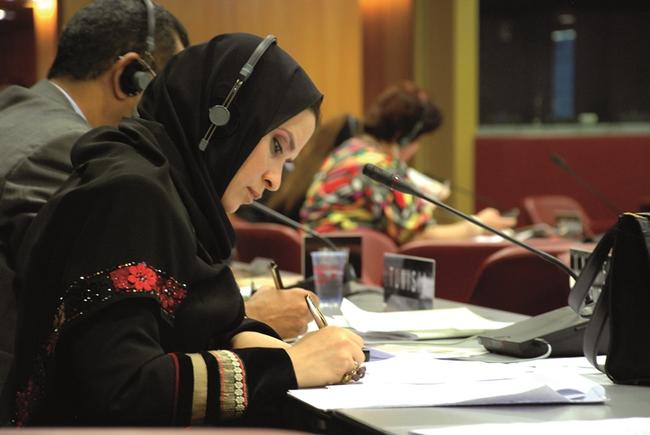- ImpactWe help parliaments to become greener and to implement the Paris agreement.We support democracy by strengthening parliamentsWe work to increase women’s representation in parliament and empower women MPs.We defend the human rights of parliamentarians and help them uphold the rights of all.We help parliaments fight terrorism, cyber warfare and the proliferation of weapons of mass destruction.We encourage youth participation in parliaments and empower young MPs.We support parliaments in implementing the SDGs with a particular focus on health and climate change.
- ParliamentsNearly every country in the world has some form of parliament. Parliamentary systems fall into two categories: bicameral and unicameral. Out of 190 national parliaments in the world, 78 are bicameral (156 chambers) and 112 are unicameral, making a total of 268 chambers of parliament with some 44,000 members of parliament. IPU membership is made up of 180 national parliaments
Find a national parliament
We help strengthen parliaments to make them more representative and effective. - EventsVirtual eventThe International Court of Justice (ICJ) was constituted under the United Nations Charter to help nations settle disputes peacefully in accordance with international law.
- Knowledge
Discover the IPU's resources
Our library of essential resources for parliamentsGlobal data for and about national parliamentsLatest data and reports about women in parliamentResolutions, declarations and outcomes adopted by IPU MembersRecent innovations in the way parliaments workThe latest climate change legislation from the London School of Economics' database
Self-assessment tools
Parliaments are crucial for building democracy. We believe that they are most effective when they themselves are democratic and adhere to core democratic values and universal principles: to be representative, open and transparent, accessible, accountable and effective—and commit to gender equality, political tolerance and the use of peaceful means to find solutions to the challenges facing society.
We produce toolkits that help parliaments evaluate their performance against these standards. These toolkits include ways for them to evaluate their performance as to ensuring democratic and gender-sensitive parliaments, and implementing the Sustainable Development Goals (SDGs).
Evaluating Parliament: A Self-Assessment Toolkit for Parliaments helps parliaments evaluate their performance against the five core democratic values mentioned above, and to identify priorities and means for reform. It is based on universal values and principles, making it relevant to all parliaments, regardless of their political system or stage of development. The findings of the self-assessment should be seen as the starting point for a more detailed discussion on how to bring about change in the areas identified as priorities.
Evaluating Gender Sensitivity of Parliaments: A Self-Assessment Toolkit helps parliaments evaluate how gender-sensitive they are, assess their current practices and policies, identify possible areas for reform, plan for change, and establish mechanisms to monitor progress. It lays the groundwork for taking the necessary steps to help parliaments become gender-sensitive institutions.
Parliaments and the Sustainable Development Goals – A self-assessment toolkit is designed to help parliaments assess the effectiveness of their participation in implementing the goals in their own country, including through legislation, the budget and oversight to hold government to account for progress towards the Sustainable Development Goals.
Parliaments themselves own the process of self-assessment. They are not expected to report the results back to us, but can make them public if they wish. The findings are not used to rank parliaments, and there are no international experts sitting in judgement. Self-assessment works best when parliaments—and particularly their highest authorities—are convinced that the process can help to strengthen their institution.

IPU's toolkits help parliaments evaluate their performance. Photo: © IPU




